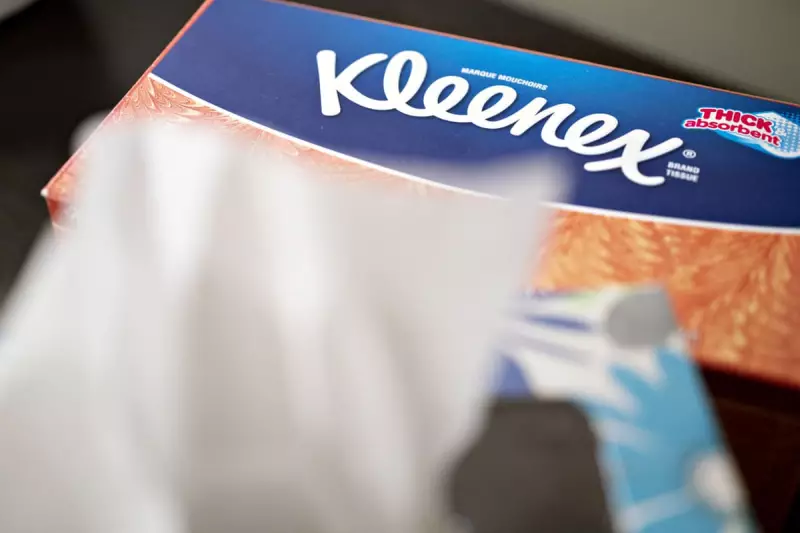
In a move that could create a consumer products behemoth, Kimberly-Clark Corporation, the American multinational behind household staples like Kleenex tissues and Huggies nappies, is reportedly in advanced talks to acquire Kenvue, the recently spun-off consumer health giant.
A Landmark Deal in Consumer Healthcare
Sources close to the matter indicate that discussions are at a critical stage for what would be one of the most significant mergers in the consumer goods sector this year. The potential acquisition would see the maker of everyday paper products join forces with the powerhouse behind globally recognised brands like Tylenol pain relievers, Listerine mouthwash, and Band-Aid adhesive bandages.
Market Impact and Strategic Shift
This proposed merger represents a major strategic pivot for Kimberly-Clark, traditionally focused on paper-based personal care products. Acquiring Kenvue would instantly transform the company into a dominant player in the over-the-counter (OTC) healthcare market, creating a diversified portfolio with immense global reach.
The deal comes just over a year after Kenvue was spun off from its parent company, pharmaceutical titan Johnson & Johnson, in one of the largest consumer health IPOs in history. The separation was designed to allow J&J to focus on its pharmaceutical and medical device divisions, while giving Kenvue the autonomy to pursue its own growth strategy in the competitive consumer health space.
What This Means for Consumers and Investors
For consumers, the merger could lead to:
- Consolidated product portfolios across personal care and healthcare
- Potential for bundled product offerings and cross-promotional strategies
- Uncertainty around brand management and potential restructuring
Market analysts suggest that a successful acquisition would create a formidable competitor to other consumer health giants like Procter & Gamble and Reckitt Benckiser. The combined entity would command significant shelf space in pharmacies and supermarkets worldwide, with unparalleled distribution capabilities.
Regulatory Hurdles and Next Steps
While neither company has officially confirmed the talks, financial markets have already begun reacting to the speculation. Any formal agreement would likely face rigorous regulatory scrutiny across multiple jurisdictions, given the size and market influence of both corporations.
Industry observers note that the consumer health sector has seen increasing consolidation in recent years, as companies seek to build scale and diversify their revenue streams in response to changing consumer habits and economic pressures.
As negotiations continue behind closed doors, the business world watches closely, anticipating what could become a defining moment in the convergence of personal care and consumer healthcare industries.





